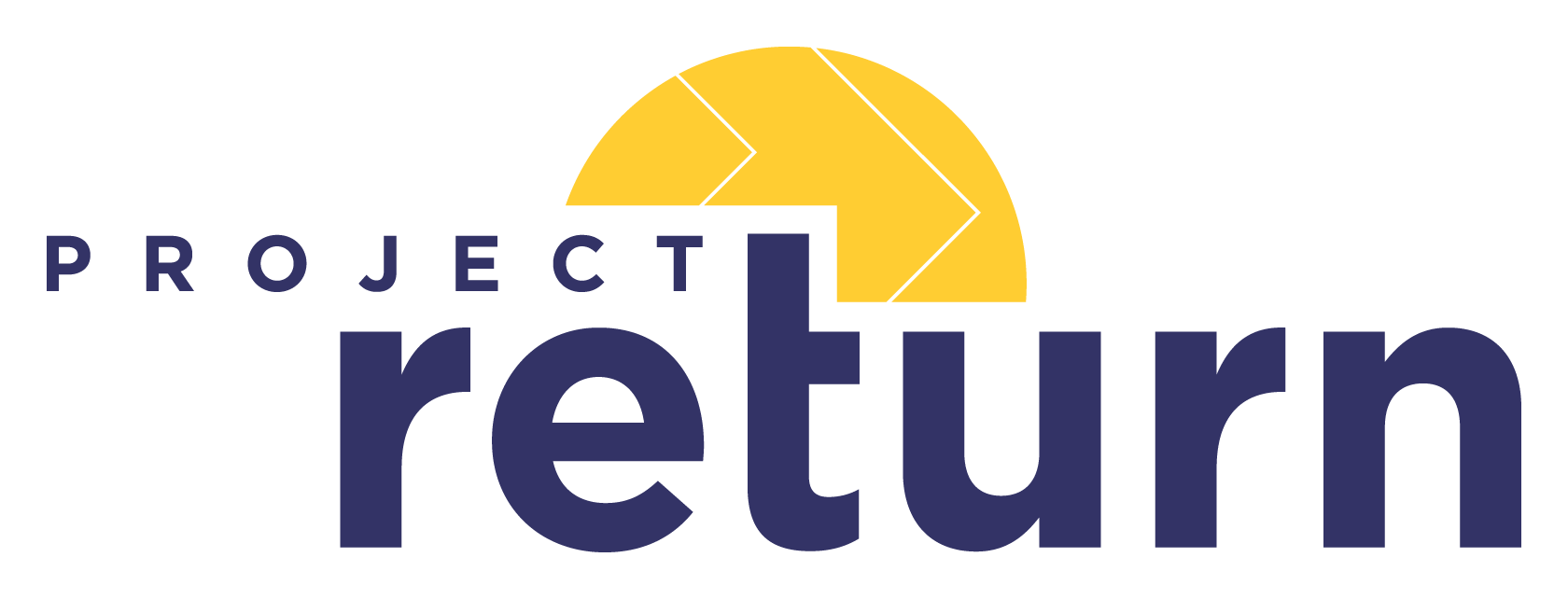Breaking Good
It is the stuff of TV drama: a straight-laced, hard-working, law-abiding man reaches a tipping point — he sees that, in the face of terminal illness and the seemingly insurmountable need to provide for his young family, he’ll have to “break bad” to achieve what he must have. In a complete departure from his former path, he flings himself headlong into criminal pursuits.
The reverse is happening every day at Project Return in Nashville, Tennessee. We work with folks who are returning to our community from incarceration, and who want to live right. They come to Project Return not because they have to, but because they want to. Or, rather, they want a new beginning, and they know we can help them get it. Ex-offenders come to us to “break good”.
A few weeks ago, a tall young man named Charles arrived at our office late in the day — in fact, the Project Return office was officially closed for the evening, and all but two of us had already gone home. He was carrying that tell-tale clear plastic bag of belongings that screams “just got out”, and had found his way straight to our door upon release earlier that Friday afternoon. Charles grew up in one of the rougher sections of our city, lacked opportunities and made bad choices, and was incarcerated before he hit 20. Now, on the other side of three years in prison, and having paid his debt to society, he looked shell-shocked and hopeless.
Charles’s story is hardly unique. Look around; you’ll see children growing up in dangerous housing projects or other neighborhoods of concentrated destitution. At an early age, a child learns to duck and hide at the sound of gunfire, to create play in the midst of abject poverty, to perform minimally in a failing school, to survive in the face of violence and destruction, to peddle drugs for some small benefit and use drugs for some means of escape, to handle a weapon or a situation in self-defense. Many life stories include the loss of a parent, or a parent’s loss of a job, or some other precipitous event, in the mix of an already teetering household economy, which leads into a cascade of misfortune.
It’s a trajectory, but in a bad way. The truant becomes the dropout, the child user becomes the adult addict, the dealer becomes the stealer. Positive influences and singular incidents of hopefulness fail to stem the tide. Bad circumstances beget bad choices, bad choices beget bad acts, and bad acts beget worse ones; at some point, criminal law enforcement intersects with that downward curve, and prison becomes an inevitability.
Walter White has his formula; we have ours. At Project Return, our primary focus is on employment, because acquiring a job is known to be the best way for a person getting out of prison to break good. And, because we recognize that ex-offenders have other pressing, critical needs besides gaining employment, our employment services are accompanied by individualized case management, assistance with shelter, food, clothing, transportation, substance abuse and health issues, child support concerns, GED and literacy needs, and more. Underlying it all is our commitment to treat people as whole human beings with potential for good.
Charles was ready to break good. He’d heard about our program while he was behind bars. We signed him up and found a bed for him at one of our partnering halfway houses. He started in our job readiness classes the following Monday morning. By mid-week he was working on his résumé, getting mock interview practice, and planning his job search. He eagerly engaged with our case management and job coaching. A mere three weeks later, Charles is happily employed. Breaking good, his best days are ahead.

